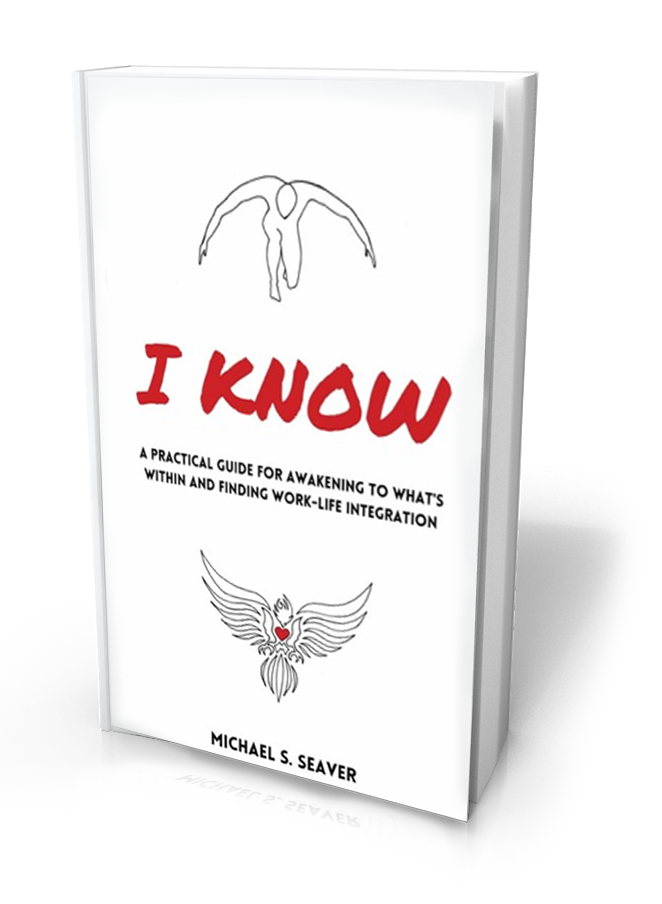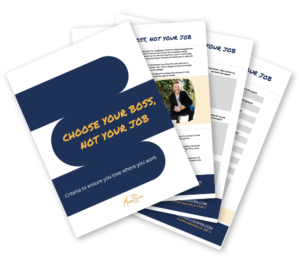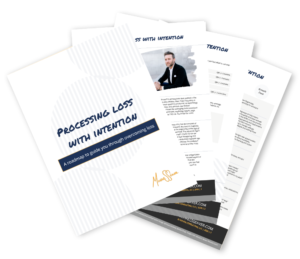In September 2013, Emmanuel Saez from the University of California, Berkeley published research entitled Striking it Richer: The Evolution of Top Incomes in the United States. The most important finding from his work was that, “… the top 1% (of income earners) captured 95% of the income gains in the first three years of the recovery (2009 – 2012).” Although this trend has been unfolding for more than 30 years, the income inequality gap will continue to expand and more Americans will encounter hardships. Many will blame their employers, the economy, or other countries, but the issue isn’t one of supply and demand – the economy is the greatest upwards wealth transfer machine in history and is working exactly as its designed to.
Global economy aside, there is much about life that is out of your control. It is important to remember the only thing you can control is how you react to what is out of your control. I watch so many people choose to live lives based on 20th century societal constructs… as opposed to how they truly wished to deep down in their souls. Society says that achieving the “dream” of financial prosperity will lead to satisfaction, but it doesn’t, and the trappings of success were just that – trappings trapping people in lives devoid of what they actually desired.
When something in your life doesn’t turn out the way you intended, and you hit rock bottom, take time to reframe the situation. Become a student of adversity. Figure out how to fold the event(s) into a narrative that can then become the foundation of a new identity. Building “identity capital” is an internal revolution where you draw strength and positivity from challenging situations. Events shouldn’t be looked at as good or bad, they’re simply signs without positive or negative emotion. Don’t shelter yourself from adversity, own what went wrong and use it as a springboard.
Here are five things to remember about hitting rock bottom:
- Only Way to Go is Up – Now that you’ve stopped free falling and landed on solid ground, you can develop a plan and take a long-term orientation to self-discovery, goal achievement, and success. Find seedlings of positivity and optimism in the sorrow you’re feeling and remember there is a limited likelihood of bad events recurring. Draw a line in the sand between the past and what you are about to achieve.
- Give Learning from Reflection a Chance – Using tools like the Mindful Engagement process and Gibbs Reflective Cycle to learn from moments in time will help tremendously in ensuring that mistakes aren’t made twice. It will also remind you to identify patterns in world events that help you make more informed decisions and regulate how you react to what is out of your control.
- Quickly Build Confidence – Kotter International’s 8-Step Model of Change suggests that you should surround yourself with a diverse group of supportive people, create short-term wins, and never let up when driving sustainable change. As the small wins pile, your confidence will increase, and the wins will gradually become bigger. As your confidence builds, so will your desire to explore new opportunities, take calculated risks, and challenge yourself to be the best you can.
- Solidify Your Value Structure – You now have the freedom to focus on activities you thoroughly enjoy. You can also walk away from things you didn’t like doing in first place. There is significant power in this because you can downsize your life (and financial overhead) and truly realize that less is more. Take time to develop personal intention, ambition, and branding statements and use them to market yourself.
- Find New Motivations – Instead of being motivated by money, awards, and other extrinsic recognition, hear the voice of your intuition and seek to find deep meaning through intrinsic motivation. Watch this video from Daniel Pink about human motivation. As you discover how to correlate your strengths with what motivates you, you’ll come to enjoy change and the challenge inherent with personal growth.
As financial wealth concentrates in the hands of the few and the global economy endures more shocks, the probability of being with one employer for extended periods of time is slim. The development of your personal brand will be key in making the transition from one job to the next, one client to the next, or one volunteer opportunity to the next. Career success will be driven by following a process for climbing out of tough situations, seeing challenges as opportunities, accepting what is out of your control, reflecting on your experiences, planning small wins, living your brand, and finding a deeper meaning to life. Avoid letting your trappings trap you. Get rid of assets, spend more time abroad, find purpose in generating value for others, and take pride in being okay with hitting rock bottom every now and again.






Connect with me